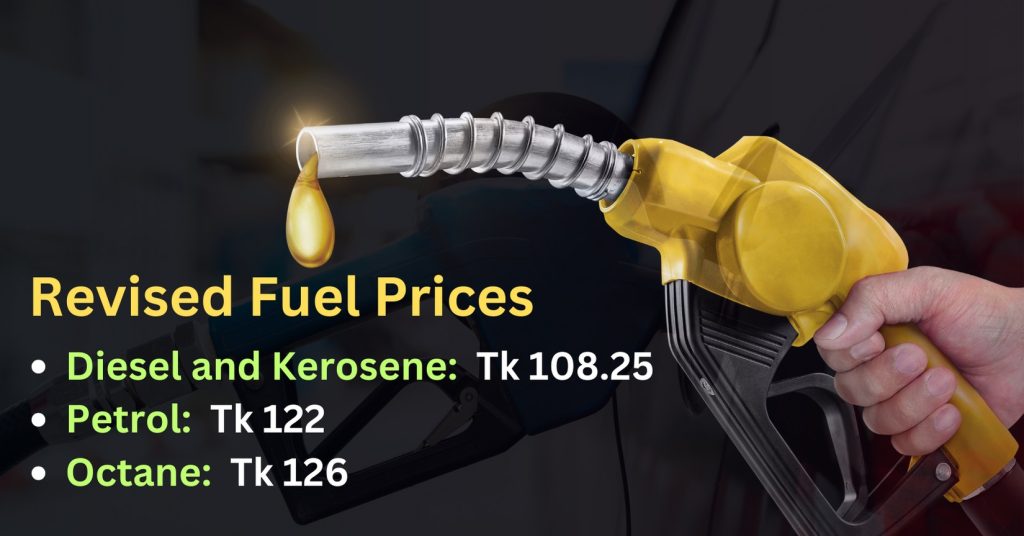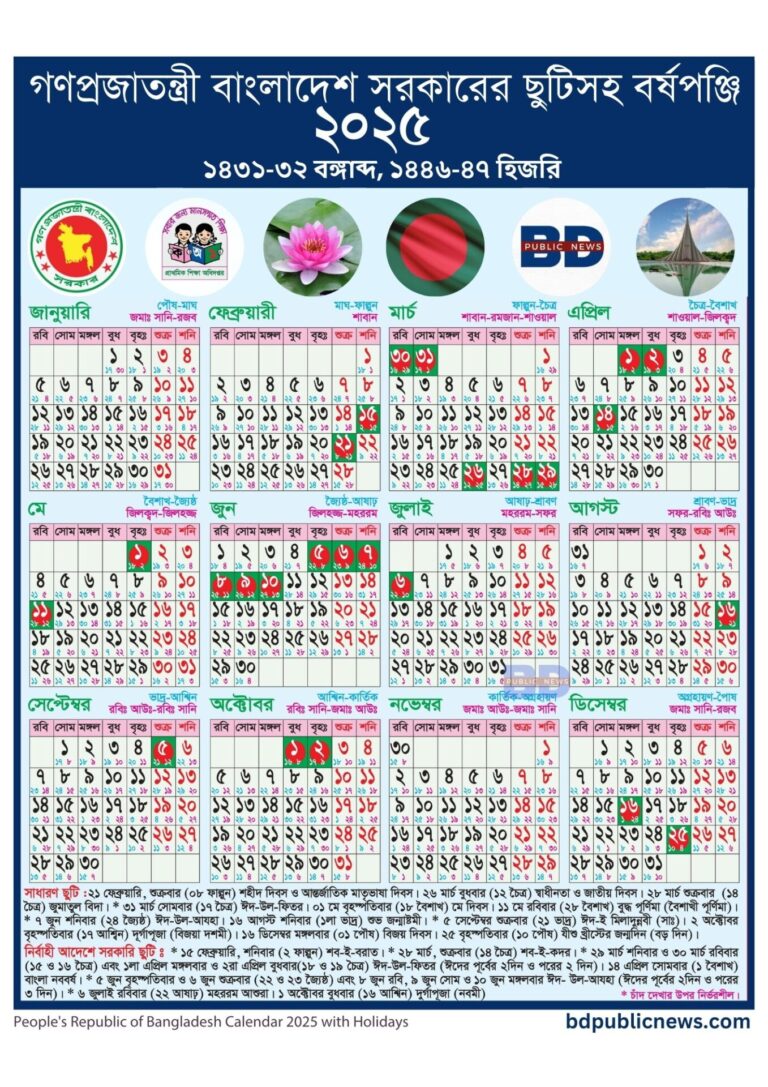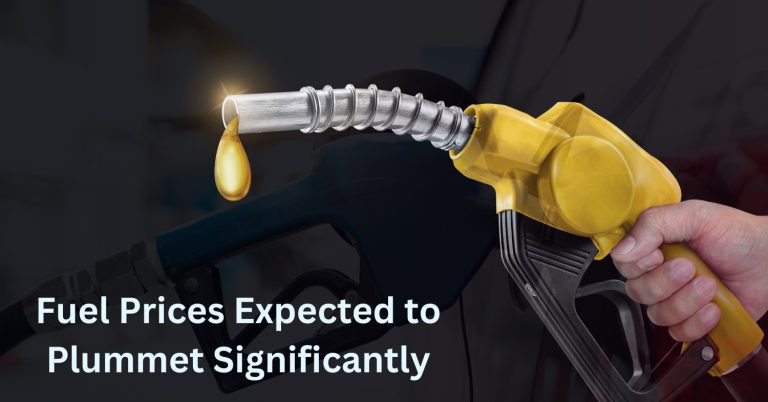New Fuel Price in Bangladesh – Diesel 108.25, Petrol 122, and Octane 126 TK Per Ltr
Government Reduces Fuel Prices in Line with Global Market
In a strategic move aimed at harmonizing with global market trends, the government of Bangladesh has initiated automatic fuel pricing, resulting in a noteworthy reduction in fuel prices set to take effect from tomorrow, March 8th. The Ministry in Bangladesh of Power, Energy and Mineral Resources (MPEMR) has issued a comprehensive gazette notification today, delineating the adjusted rates and providing insights into the factors influencing this decision.

Revised Fuel Prices in Bangladesh ( March 2024)
- Diesel and Kerosene: Reduced by Tk 0.75, settling at Tk 108.25 per liter.
- Petrol: Witnessing a decrease of Tk 3, now priced at Tk 122 per liter.
- Octane: Experiencing a significant decline of Tk 4, now priced at Tk 126 per liter.
This action represents a major step toward stabilizing domestic fuel prices, in line with the requirements set forth for a $4.7 billion loan from the International Monetary Fund.
Factors Influencing Price Adjustment
The Ministry in Bangladesh of Power, Energy and Mineral Resources (MPEMR) has shed light on the multifaceted factors contributing to the recent adjustments in fuel prices, including:
- Impact of Coronavirus Pandemic: The ongoing global disruptions caused by the pandemic have resulted in increased costs associated with fuel import premiums, transportation, and insurance.
- Russia-Ukraine Conflict: Heightened geopolitical tensions stemming from the conflict have exerted considerable pressure on global fuel prices, necessitating responsive measures from governments worldwide.
- Middle East Tensions: Political instability in the Middle East has added to the volatility in fuel prices, prompting periodic adjustments to maintain equilibrium in the market.
Implementation of Automated Fuel Pricing
The government’s decision to introduce automated fuel pricing on February 29th marks a significant departure from the traditional manual pricing mechanisms. Under this system, fuel prices will be recalibrated monthly based on international market rates, ensuring greater transparency and efficiency in price determination.
Pricing Guidelines
The gazette notification outlines comprehensive pricing guidelines encompassing various components, including:
- Premium Costs: Associated with fuel importation.
- Transportation Expenses: Incurred during the transportation of fuel.
- Insurance Charges: Covering insurance costs related to fuel shipments.
- Bank Interests: Reflecting the interest accrued on loans taken for fuel procurement.
- Operational and Administrative Costs: Incorporating overheads associated with fuel distribution and management.
- Taxation: Encompassing VAT and other levies imposed on fuel sales.
Impact on Consumers
The reduction in fuel prices is poised to alleviate the financial strain on consumers, particularly those reliant on diesel and kerosene for transportation and household purposes. Additionally, the downward adjustment in petrol and octane prices will provide relief to motorists across the country, fostering greater affordability and accessibility.
Future Outlook
Moving forward, the government remains committed to maintaining a proactive stance in responding to global market dynamics. Regular reviews and adjustments in fuel prices will be conducted to ensure alignment with prevailing market conditions, thereby promoting stability and sustainability within the energy sector.
The government’s decision to reduce fuel prices reflects its foresight and commitment to prioritizing the welfare of its citizens amidst a challenging global landscape. By embracing automated fuel pricing mechanisms, Bangladesh is poised to enhance transparency, efficiency, and stability within its energy sector, laying the groundwork for sustained economic growth and prosperity. As the nation charts its course towards a resilient and dynamic future, such initiatives underscore its determination to navigate challenges effectively while fostering inclusive development for all.
The recent decision by the government to lower fuel prices marks a pivotal move towards aligning with international market fluctuations and enhancing economic stability in Bangladesh. By adopting automated fuel pricing, the government not only aims to ensure transparency and fairness in fuel costs but also to mitigate the economic impact on its citizens. This strategy reflects a thoughtful response to global economic pressures, including the ongoing pandemic and geopolitical conflicts, which influence fuel prices. As Bangladesh continues to adjust prices in response to market conditions, this proactive approach is likely to bolster consumer confidence and sustain economic growth, demonstrating the government’s commitment to maintaining stability and supporting the populace during fluctuating global economic conditions.






